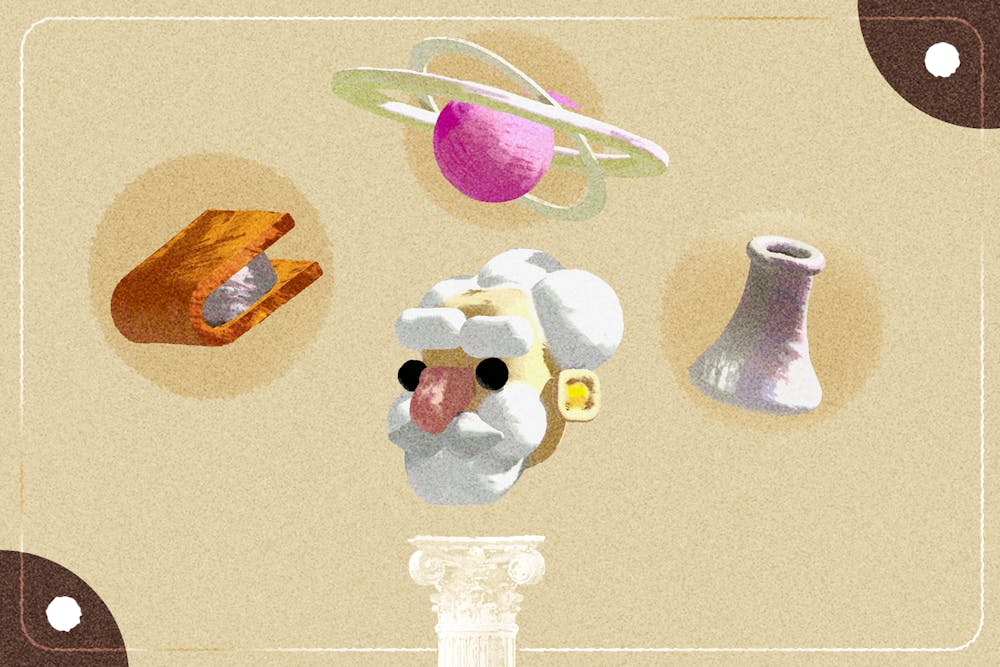I recently wondered what Socrates would say if he transcended centuries and, for a final time, had a chance to question the world. I wondered, if he stood in the Pit of our campus, what self-effacing and yet provocative conversations would he pose? If he were to stop me, would I be able to smell the insatiable ache in his words to talk about life, how to live well? The distinction between senses and the soul? But beyond the infinite theories I've considered, all of them end with my own question: what would I say back?
Wisdom is intangible. And with that we've come to infantilize young adulthood and depict wisdom as the grandfather clock of time as though it's not tailored to twenty-somethings stumbling through the seasons of their passing youth. We don't think deeply without it being within the confines of our cookie-cutter classes. We read for the purpose of writing, and yet we write fruitlessly. We have such a sour diction for our own existence we speak of it as though it's not our own.
If Socrates were to stand before me, I would be very confused by his depth of thought. I would write him off and then hurry to memorize the content of my professor's lecture before my exam. I wouldn't think about how I orient myself in the world or the things he said at all. And that is because we seek knowledge, not wisdom.
I'm not proposing we become pagans of the abstracts or garner existential crises at a rate parallel to collecting credits in college. If anything, Socrates understood the cognitive limitations of humans; he understood that we would never be ultimately wise, and to claim otherwise was actually an implication of ignorance. I can't even begin to encapsulate the nuances to his understanding of knowledge and wisdom as subsections to our existence, nor could I understand it myself.
But one thing I do know: he recognized there is virtue in the pursuit. There is merit in the search. To philosophize is to examine our lives with purpose. In the words of Socrates himself, “the unexamined life is not worth living.”
I fear we will never emulate his writing. I read the literary magazine and grow bitter when I see the free copies remain largely untouched in Greenlaw Hall. I fear that we've killed off the passion of thought. We are just copyreaders to information and reserve wisdom for our later years as though it's something to be extracted from the human experience. But I don't believe that, and I think it's naive to suggest it's merely a product of aging.
We've sworn this word “philosophy” off as though exclusive to some scholars or for strange theoretical fiends. We race to study content. All we do is study. We study and then perform. It's the constant cycle in our system to do well, but we never ask what a well-served life really is.
We think of wisdom as something to be used for finding meaning at funerals or in graduation speeches. We think it's mumbling comforts to your friend in heartbreak or in the drive before you drop your younger brother off at school. But it's not an artificial substance we only acquire in times of need. That to me is the product of the pursuit; it's the means to the action of pondering that has been lost in translation.
Philosophy is nearly a religion to me. Not in the way that I idolize Epicurus or begin to read Dostoevsky's novels as bibles. But in the way that I listen to their theories of death, the contradictions to their science to our flawed understanding of happiness, I feel that ache too. I don't want to just become an encyclopedia to classes I took in college. I don't want to live in a world overwhelmed and saturated with knowledge and yet starved of wisdom.




